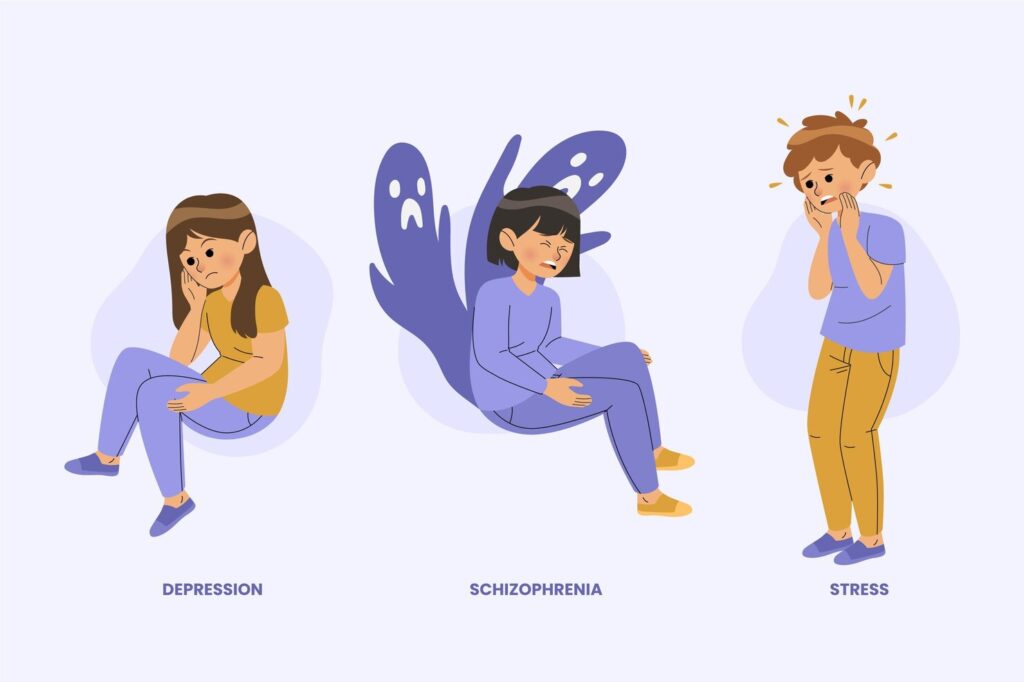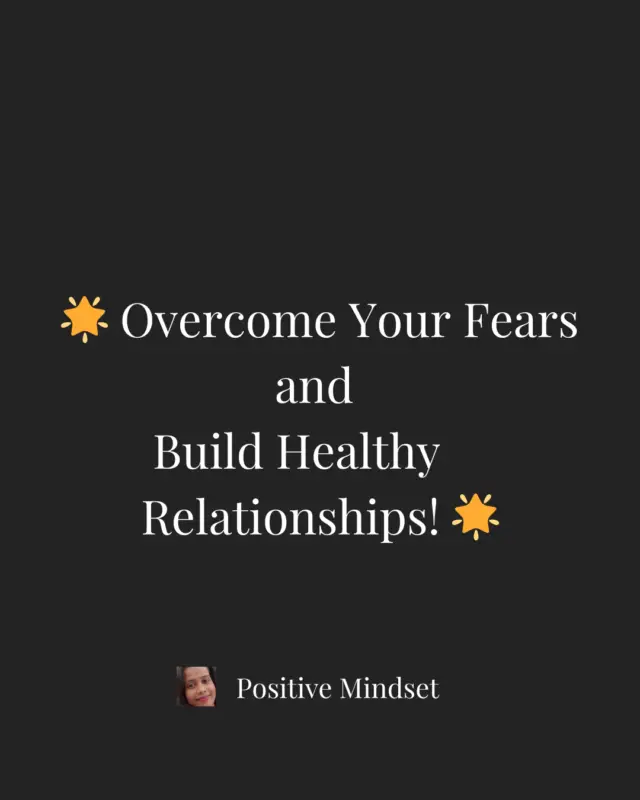The fear of being hurt is a common experience that affects many individuals. This fear often stems from past negative experiences, shaping our behaviors and interactions in present relationships. Understanding this fear and learning how to manage it can significantly improve our ability to form and maintain healthy connections.

Understanding the Fear of Being Hurt:
The fear of being hurt is deeply rooted in our psychology. It often originates from past traumatic experiences that create lasting impressions on our minds. These experiences foster deep-seated fears and anxieties, influencing our current behaviors and perceptions of relationships. Experts agree that acknowledging and addressing these fears is the first step towards overcoming them.
Signs of Fear of Being Hurt:
Recognizing the signs of the fear of being hurt is crucial for self-awareness and personal growth. Common behaviors indicating this fear include:
- Avoiding deep conversations
- Reluctance to share personal experiences
- Difficulty in expressing emotional openness
- Keeping relationships superficial
Being mindful of these signs can help individuals understand their own fears and take steps towards change.
Impact on Relationships:
The fear of being hurt can have detrimental effects on both personal and professional relationships. It creates barriers to intimacy and vulnerability, hindering the development of deep connections. Here are some ways this fear can manifest in relationships:
- Emotional distance: Keeping others at arm’s length to avoid potential pain.
- Unresolved conflicts: Avoiding confrontation and difficult conversations.
- Limited trust: Struggling to trust others due to past betrayals or disappointments.
Real-life examples and hypothetical scenarios can further illustrate these impacts, showing how this fear can lead to strained relationships and missed opportunities for meaningful connections.
Strategies to Overcome the Fear:
To overcome the fear of being hurt, practical strategies are essential. Here are some effective methods:
- Gradual Exposure:
- Build trust slowly by gradually increasing your emotional openness with others.
- Start with small, low-risk interactions and gradually move towards deeper conversations.
- Mindfulness:
- Practice mindfulness to stay present and reduce anxiety about potential future hurts.
- Techniques such as meditation and deep breathing can help manage stress.
- Therapy:
- Seek professional help to address deep-seated fears and past traumas.
- Therapists can provide tools and techniques to manage anxiety and build resilience.
- Positive Self-Talk:
- Challenge negative thoughts and replace them with positive affirmations.
- Remind yourself of your strengths and past successes in forming relationships.
- Assessing Behavior and Intentions:
- Take time to observe and understand someone’s behavior and intentions over time.
- Allow trust to develop naturally without rushing the process.
Maintaining Healthy Relationships:
Maintaining a balance between openness and self-protection is vital for healthy relationships.In a recent study on emotional independence by Intellectual Quests, researchers emphasized the importance of cultivating individual strength and resilience within relationships. By fostering emotional independence, individuals can contribute positively to their relationships while maintaining their sense of self-worth and autonomy. Here are some tips:
- Setting Boundaries:
- Clearly define your personal boundaries and communicate them effectively.
- Respect others’ boundaries and expect the same in return.
- Clear Communication:
- Practice honest and open communication to build trust and understanding.
- Address issues promptly and constructively to prevent misunderstandings.
- Emotional Connections:
- Focus on building strong emotional connections through shared experiences and mutual support.
- Recognize the value of healthy relationships in providing emotional growth and support.
Conclusion:
The fear of being hurt is a common obstacle faced by many individuals. By understanding its psychological basis, recognizing the signs, and implementing practical strategies, individuals can gradually overcome this fear and build healthy, meaningful relationships. Taking small steps towards vulnerability and connection will lead to personal growth and a more fulfilling life.
Do Follow for More Tips and Inspiration:
- Instagram: Follow us on Instagram
- Pinterest: Follow our Pinterest profile
FAQs
- What causes the fear of being hurt?The fear of being hurt often stems from past traumatic experiences or negative interactions that create deep-seated anxieties. These experiences shape our behaviors and perceptions in future relationships.
- How can I recognize if I have a fear of being hurt?Common signs include avoiding deep conversations, reluctance to share personal experiences, difficulty in expressing emotional openness, and keeping relationships superficial.
- Can the fear of being hurt affect my relationships?Yes, this fear can create barriers to intimacy and vulnerability, leading to emotional distance, unresolved conflicts, and limited trust in both personal and professional relationships.
- What are some effective strategies to overcome the fear of being hurt?Practical strategies include gradual exposure, mindfulness, therapy, positive self-talk, and assessing someone’s behavior and intentions over time.
- How can mindfulness help in overcoming the fear of being hurt?Mindfulness helps by keeping you present and reducing anxiety about potential future hurts. Techniques such as meditation and deep breathing can manage stress and promote emotional well-being.
- Why is therapy recommended for overcoming the fear of being hurt?Therapy can address deep-seated fears and past traumas. A therapist provides tools and techniques to manage anxiety and build resilience, helping you form healthier relationships.
- What role does positive self-talk play in overcoming the fear of being hurt?Positive self-talk involves challenging negative thoughts and replacing them with affirmations that reinforce your strengths and past successes in forming relationships, boosting your confidence and emotional resilience.
- How can I build trust in a new relationship without getting hurt?Building trust involves gradual exposure, starting with low-risk interactions, and observing someone’s behavior and intentions over time. Allow trust to develop naturally without rushing the process.
- What are some tips for maintaining healthy relationships while protecting myself?Set clear personal boundaries, practice honest and open communication, focus on building strong emotional connections, and respect others’ boundaries to create a safe and supportive relationship environment.
- Can overcoming the fear of being hurt lead to personal growth?Yes, overcoming this fear can lead to personal growth by enabling you to form deeper, more meaningful connections, enhancing your emotional well-being and overall quality of life.
